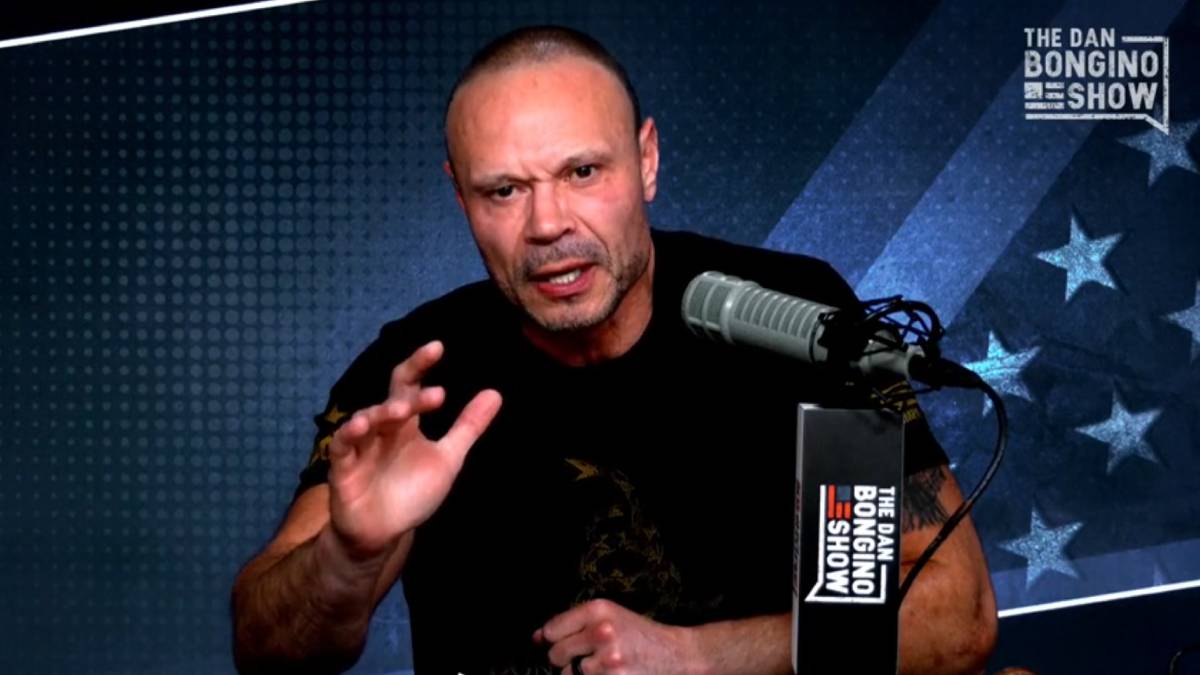A TV executive friend of mine recently floated an interesting theory to me: In a matter of years, TV networks and their parent companies will pull away from their local affiliates.
The logic: With large media companies wanting to own it all for their streaming properties, the current model won’t work for them. They may still sell shows to the locals, but in general, they won’t want to share anymore, and local TV would be left to program all on its own — including news.
He didn’t put a date on it, but he was reasonably certain that was the future.
I have no reason to doubt that, but it got me to thinking …
Thinking … of an aspect of local media that’s thriving right now.
You think on it, too … and think …
Radio? TV? Newspapers? (Actually, my new term is written news/media. Not catchy but certainly more accurate than newspapers or even digital media – in my opinion.)
Who’s doing well? Not many.
Sure, the high-end, on-air folks at the network still make a lot of money, and let’s be honest, the likes of NBC News — because of the Today Show mainly — and other network news divisions still turn healthy profits, though decidedly less healthy than in decades past.
In general, if you also consider social media producers and podcasters, there is growth and some wildly successful content producers but the space is overcrowded; and there have been plenty of reports that even though hours listened continues to go up, actual downloads are down. Also, if we’re being honest, a huge portion of social media and podcasting falls under infotainment and an even bigger chunk is straight entertainment — certainly not journalism.
Local stations must still make money; otherwise, why continue to operate? But the model isn’t great. All outlets (radio, TV, written) are battling for an ever-shrinking audience, but you know that already.
What you may not have thought about is a possible way to survive and thrive in a future that may not even have the TV affiliate model.
Work more together.
Yes, there are a lot of relationships between the mediums in cities across the country, and in some markets, parent companies own or have owned all three.
Truth be told, my instinct is to dislike consolidation because it can kill competition, and with domination can come bias, control and disinformation.
I am not calling for mass media mergers or takeovers like the one done by hedge fund Alden Capital which bought Tribune and newspapers like our capitol city’s Hartford Courant. All they do is cut staff and content to try and maintain margins.
Even the success story at Hearst isn’t what I am talking about. They own media properties in various formats — from newspapers and television stations to magazines – but I cannot envision how that could and would be replicated in the near term.
I am talking about more active partnerships.
For instance, I still want to promote great written journalism, so I always try to get local reporters on the radio as much as possible. I could easily just talk ABOUT their work, but why not talk TO them about it? Their success doesn’t cannibalize mine, and if they succeed, then it means more content and journalism moving forward, which means more for me to talk about.
That’s easy, and in this era, almost all of them want to do radio for the exact aforementioned reasons.
On to the other two.
Why isn’t there more crossover between radio and television? As someone who’s now done both fulltime, I don’t understand why local outlets don’t do it more.
Some news directors and general managers might think cross-promotion means less promotion for themselves, but at the basic level, both sides can benefit.
There is some threat of competition, but despite streaming growth for radio where it can be consumed easier in the home, on the whole, you can still have the mutually beneficial “watch in the home and listen in the car.”
Sports radio has found a way to simulcast on television in several markets. Why not news radio, too?
Over the last three years, I’ve learned to respect how much talent there is on the radio. People are smart and funny with the ability to ad lib wonderfully. Don’t you think local television could use a little less teleprompter and a little more personality and engagement?
Yes and Yes.
More on-air TV talent can come on the radio and promote their stuff and also sharpen their off-script game, while radio folks can spice up a pretty predictably templated local TV news game.
Both can get more attention in the marketplace by doing things differently, generate positive energy, and most importantly, generate legitimate content people might actually want to see and hear.

Brian Shactman is a weekly columnist for Barrett News Radio. In addition to writing for BNM, Brian can be heard weekday mornings in Hartford, CT on 1080 WTIC hosting the popular morning program ‘Brian & Company’. During his career, Brian has worked for ESPN, CNBC, MSNBC, and local TV channels in Connecticut and Massachusetts. You can find him on Twitter @bshactman.









